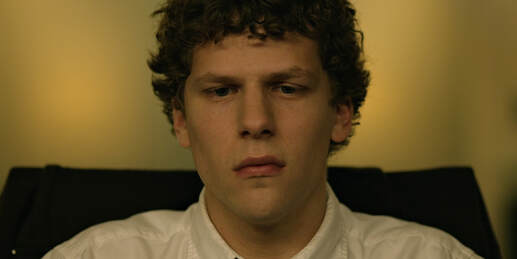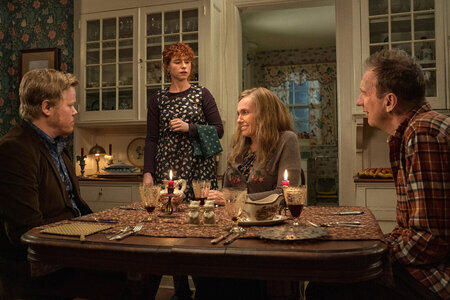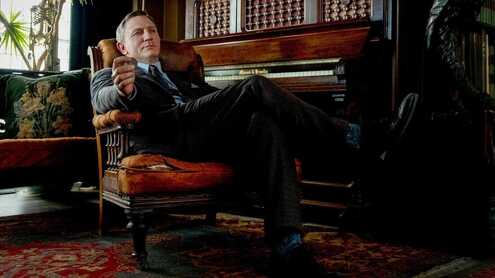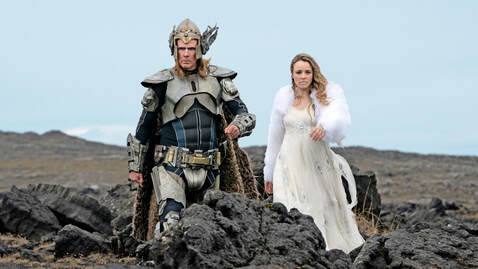A- | The heavily-fictionalized founding of Facebook places Mark Zuckerberg against wealthy enemies and old friends. Directed by David Fincher Starring Jesse Eisenberg, Andrew Garfield, and Armie Hammer Review by Jon Kissel |




 RSS Feed
RSS Feed